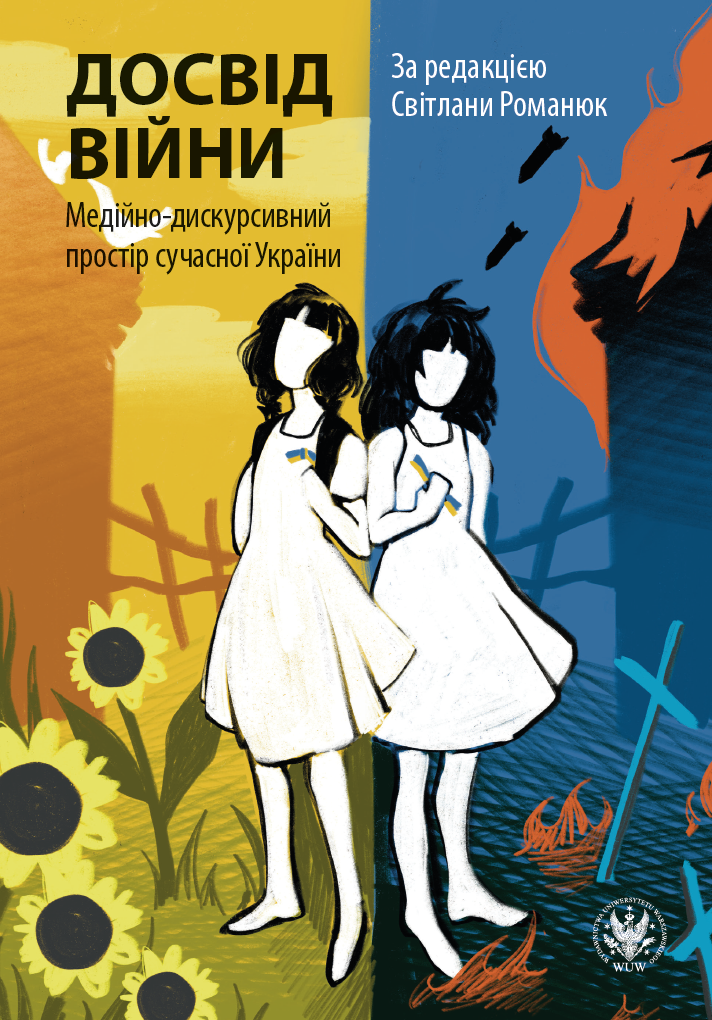Росія як об’єкт співчуття: дезінформаційний наратив у європейському контексті покаяння
Russia as an Object of Compassion: The Disinformation Narrative in the European Context of Repentance
Author(s): Alla Yarova
Subject(s): Cultural history, Theoretical Linguistics, Applied Linguistics
Published by: Wydawnictwa Uniwersytetu Warszawskiego
Keywords: disinformation; narrative; Russian-Ukrainian war; propaganda; Germany; Ukraine; Europe; repentance
Summary/Abstract: One of the essential features of current hybrid wars, including Russia’s war of aggression against Ukraine, is the information component, in particular, the spread of disinformation – false information that is created and disseminated to deliberately mislead the public or gain economic benefits. Untruthful narratives, which are gaining strategic importance in the conditions of hybrid warfare, explain the reasons for the invasion and justify it as well as shape reality in accordance with the aggressor’s intentions. Contemporary Russia considers itself an opponent of the collective West, its culture, values, and especially Western liberal democracy, and it constructs its own identity from this standpoint. The Second World War is an important element of Russian identity, and the Kremlin perceives the victory in this war as “the holiest achievement”. However, the Russian narrative of the events of the Second World War and the meanings that Russian propaganda assigns to these events are manipulative and intentionally misleading. The historical memory of modern Russians, as well as of external audiences, is formed by the Russian and earlier Soviet authorities exclusively around the second stage of the war, which began in June 1941, when Hitler attacked the Soviet Union. Meanwhile, it became taboo to discuss how the war started with the German-Soviet aggressive military pact of August 1939, how the Nazi and Soviet troops invaded and split Poland, how the Soviet Union occupied and annexed Lithuania, Latvia, and Estonia, and how Stalin was a Nazi ally. While the European politics of memory in general, and the German one in particular, is based on admitting guilt and repentance for crimes committed, the Russian one does not recognize its own crimes, creates an image of the enemy, and cultivates a narrative that justifies its own radicalization. The narrative of victimhood, which Russia is actively disseminating in the European information space, has several functions in the context of the Russian-Ukrainian war, namely: it undermines confidence towards the governments of European countries that did not support Russia’s full-scale war against Ukraine, blurs official narratives about the need for military assistance to Ukraine, and pushes Ukraine out of the circle of states that suffered from Nazism during World War II.
Book: Досвід війни. Медійно-дискурсивний простір сучасної України
- Page Range: 137-152
- Page Count: 16
- Publication Year: 2024
- Language: Ukrainian
- Content File-PDF

